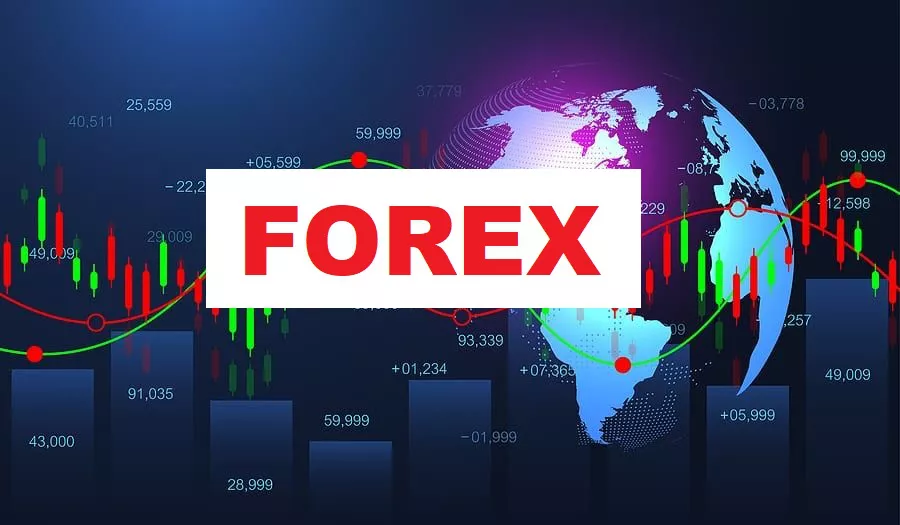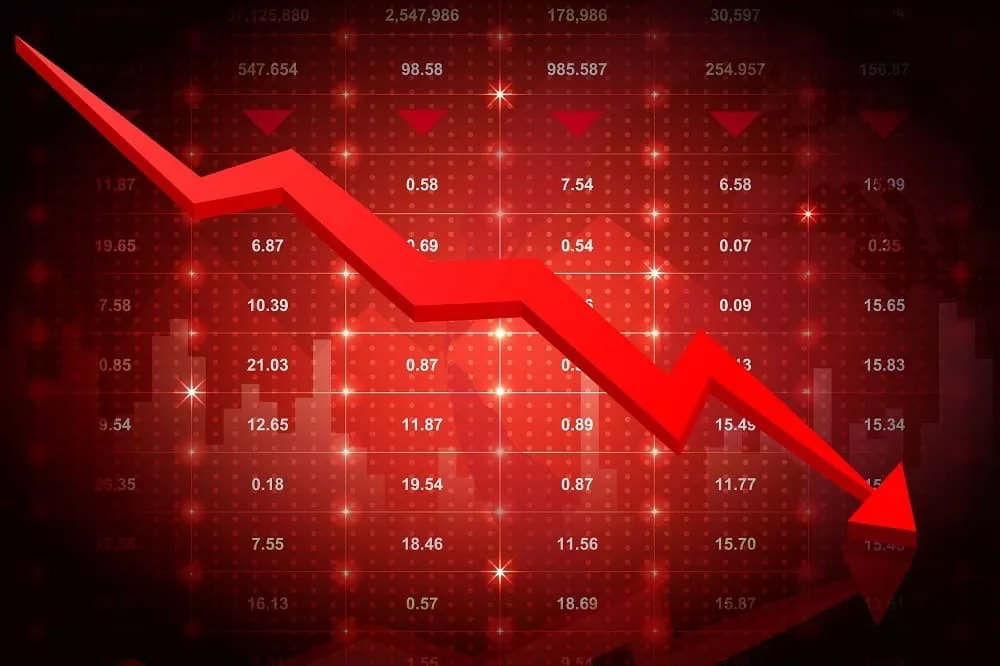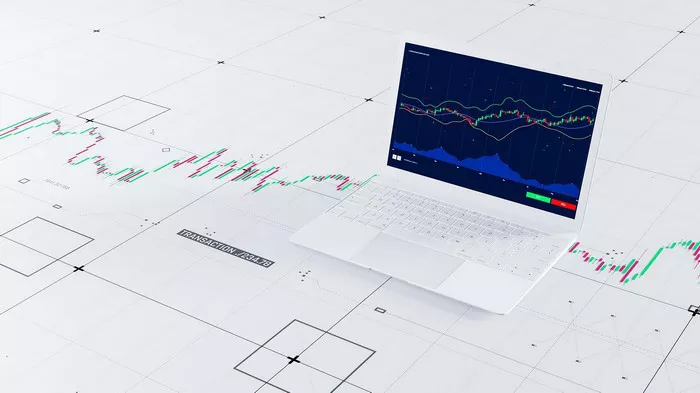Elections have always been a significant event, not just for the country holding them but also for global financial markets. The US dollar (USD), being one of the most widely traded currencies in the world, is particularly sensitive to political events such as elections. Investors and traders closely watch these events to anticipate market reactions and adjust their strategies accordingly. In this article, we will explore what typically happens to the USD after an election, the factors that influence its movement, and how to prepare for potential market changes.
Understanding the US Dollar’s Role in the Global Market
The US Dollar as a Global Reserve Currency
The US dollar serves as the world’s primary reserve currency. This means that it is widely used in global trade, finance, and as a reserve asset held by central banks worldwide. Due to its dominant role in the international market, the USD is highly sensitive to both domestic and international events, including elections.
USD’s Role in Currency Pairs
In Forex markets, the USD is involved in a significant number of currency pairs, such as EUR/USD, USD/JPY, and GBP/USD. The value of the dollar is influenced by multiple factors, including interest rates, inflation, economic performance, and political events like elections. Therefore, changes in the USD can have far-reaching effects on other currencies and global markets.
Key Economic Indicators That Impact the USD
Before diving into the effects of elections, it’s important to understand the key economic indicators that influence the USD. These include:
Interest Rates: The US Federal Reserve (Fed) controls interest rates, and its decisions on whether to raise or lower them have a direct impact on the value of the USD.
Economic Growth: Indicators like GDP growth rates, employment data, and inflation affect the USD’s strength.
Trade Balance: The balance of trade between the US and other countries also impacts the USD’s value.
Political Stability: A stable political environment can strengthen the USD, while uncertainty can lead to a decline in its value.
How Elections Affect the USD
Historical Patterns and Pre-Election Sentiment
In the months leading up to an election, political uncertainty can cause fluctuations in the value of the USD. Investors tend to adopt a “wait-and-see” approach, keeping their positions flexible to avoid potential risks. The expectation of major policy changes, shifts in economic priorities, or new regulatory measures can all influence market sentiment.
For example, if the market believes that the incoming administration will be business-friendly and introduce tax cuts or deregulation, the USD may appreciate in anticipation of stronger economic growth. Conversely, if there are concerns about policies that could be seen as negative for businesses or the economy, such as increased taxes or government intervention, the USD may weaken.
The Immediate Impact of an Election Outcome
Once the election results are known, the immediate market reaction typically reflects the uncertainty surrounding the new administration’s policies. A clear victory by a candidate with a widely understood platform may result in a more stable and predictable market reaction. On the other hand, a contentious or disputed result can cause volatility, as traders may adjust their positions in response to the uncertainty.
In general, the USD’s response to election results can vary depending on the winner’s stance on key economic issues. Let’s explore some potential outcomes:
If the Election Results in a Pro-Business Administration
If the winner of the election is seen as a pro-business candidate, the market may react positively. A pro-business administration is generally associated with lower corporate taxes, reduced regulation, and policies that are perceived to promote economic growth. As a result, the USD may strengthen, as investors anticipate increased confidence in the economy, rising employment, and higher consumer spending.
Additionally, if the candidate’s economic policies are expected to lead to higher interest rates or an expansionary fiscal policy (e.g., government spending), the demand for the USD may rise. This is because higher interest rates typically make the USD more attractive to investors seeking better returns on their investments.
If the Election Results in a Market-Unfriendly Administration
In contrast, if the winner is perceived as having policies that could be detrimental to business growth, the USD may experience a decline. For instance, policies such as higher corporate taxes, stricter regulations, or a shift toward protectionism could lead to reduced investor confidence. In such cases, foreign capital inflows may decrease, and investors may seek alternative assets or currencies, causing the USD to weaken.
Political gridlock and uncertainty surrounding fiscal policies could also contribute to a decline in the USD. If the newly elected leader faces significant challenges in passing their proposed policies due to opposition in Congress, it could lead to market uncertainty, which in turn could negatively affect the USD.
The Impact of a Divided Government
Sometimes, elections result in a divided government, where one party controls the executive branch, and the other controls the legislative branch. In such scenarios, markets may become uncertain about the ability to implement key policies. A divided government often leads to gridlock, which can delay or hinder important fiscal measures, such as tax reforms or spending bills. This uncertainty can weaken investor confidence, leading to a decline in the value of the USD.
On the other hand, a divided government may also be seen as a stabilizing force, as the checks and balances system prevents any one party from implementing drastic changes. In this case, the market’s reaction could be more neutral, with minimal immediate impact on the USD.
Long-Term Effects of Elections on the USD
The immediate post-election impact on the USD can be significant, but it is also essential to consider the long-term effects. The direction of the USD in the months and years following an election largely depends on the policies implemented by the new administration and how they affect the broader economy.
For example:
Fiscal Policy: A new administration may propose increased government spending on infrastructure or social programs, which could have a positive or negative impact on the USD depending on how it is financed (e.g., through tax hikes or debt issuance).
Monetary Policy: The Federal Reserve plays a crucial role in determining the value of the USD. If the new administration advocates for policies that encourage higher inflation or expansionary monetary policies, the Fed may raise interest rates to counteract these effects, which could cause the USD to strengthen.
Trade Policy: The new government’s approach to international trade will also influence the USD. A more protectionist stance could lead to a stronger USD initially, as investors flock to the safety of the dollar. However, over time, trade tensions could weaken the USD, as reduced global trade may hurt US exports and growth.
Preparing for Post-Election Market Movements
Stay Informed on Policy Proposals
After the election, it is important to stay informed about the new administration’s policy proposals. Pay attention to the candidate’s promises during the campaign, as well as any official plans that are unveiled after the election. These can provide valuable insights into how the USD may move in the coming months.
Monitor the Federal Reserve’s Actions
The Federal Reserve plays a central role in shaping the value of the USD. Following an election, the Fed’s decisions regarding interest rates, monetary policy, and inflation targeting will significantly impact the dollar. Traders should watch for any statements or policy changes from the Fed that could influence market sentiment.
Diversify Currency Holdings
Given the volatility that elections can bring, it may be wise for investors to diversify their currency holdings. Diversifying between different assets or currencies can help mitigate the risk of adverse movements in the USD. In particular, currencies that tend to benefit from political or economic shifts in the US, such as the euro or the Japanese yen, may offer potential hedges during times of uncertainty.
Conclusion
The value of the US dollar after an election can be influenced by many factors, including the winner’s policy proposals, market sentiment, and global economic conditions. Historically, a pro-business administration tends to lead to a stronger USD, while a market-unfriendly administration may cause the dollar to weaken. Additionally, a divided government can create uncertainty and volatility, leading to fluctuations in the value of the USD.
Ultimately, the USD’s performance after an election is shaped by a combination of domestic economic factors, political developments, and global market dynamics. Traders and investors should remain vigilant and well-informed to navigate the post-election landscape and adjust their strategies accordingly.
Related topics:


































